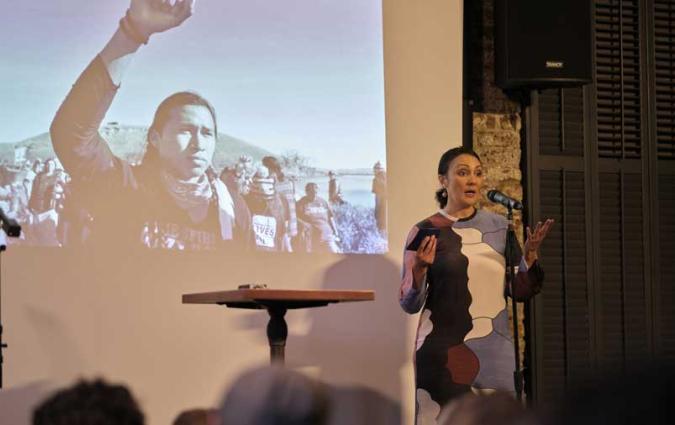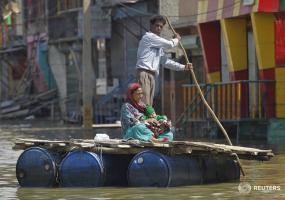Can It Tweet its way to Democracy?

An RISJ project funded by the Open Society Institute.
Research summary: The study aimed to show how the internet is democratizing public spheres and political cultures in authoritarian regimes without necessarily threatening the regimes’ power in the short term. Specific focus was on Ethiopia, Egypt, Uganda, Tunisia and Eritrea.
Each of these countries shows authoritarian characteristics and has increasingly active online communities. But they also differ in the extent of their authoritarianism, political stability, history of press freedom, relationships with the West, ICT development models, internet diffusion and media control approaches. Given that all these factors affect the nature and extent of online participation, a bigger sample of country-specific studies will provide a more authoritative account of the democratization effects of participatory media in Africa.
African online media remains largely unmapped. This study provides a picture of participatory media in the sample countries. As one of the very few studies on African participatory media, it is hoped that it will contribute to the understanding of the new media in Africa and its links to democratization. It is also intended that the study will be used as a source material for future research. The researcher on this project was Abiye Megenta.
Published by the Reuters Institute for the Study of Journalism with the support of the Open Society Foundations.

This report can be reproduced under the Creative Commons licence CC BY. For more information please go to this link.






